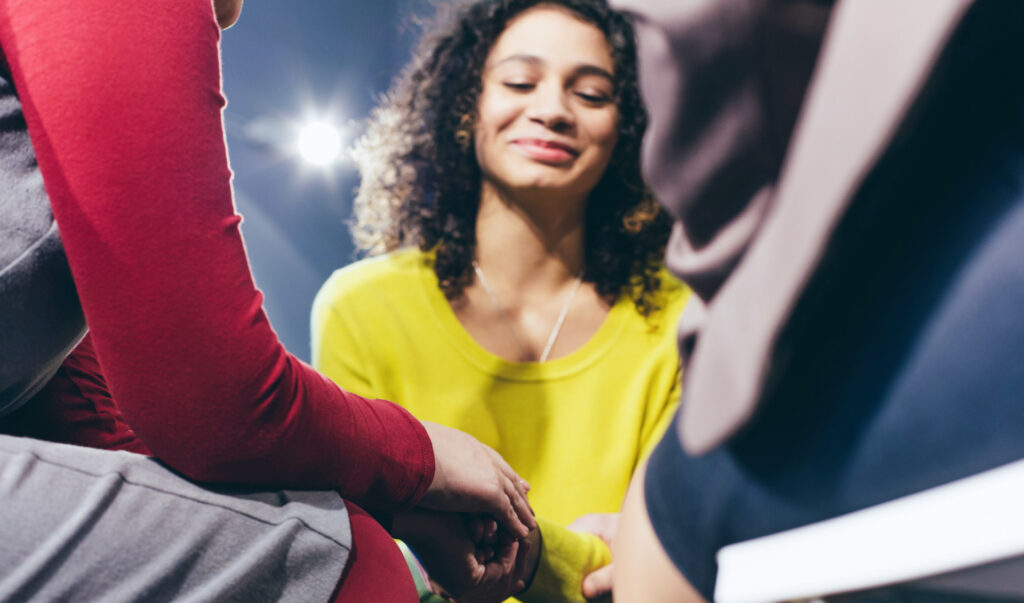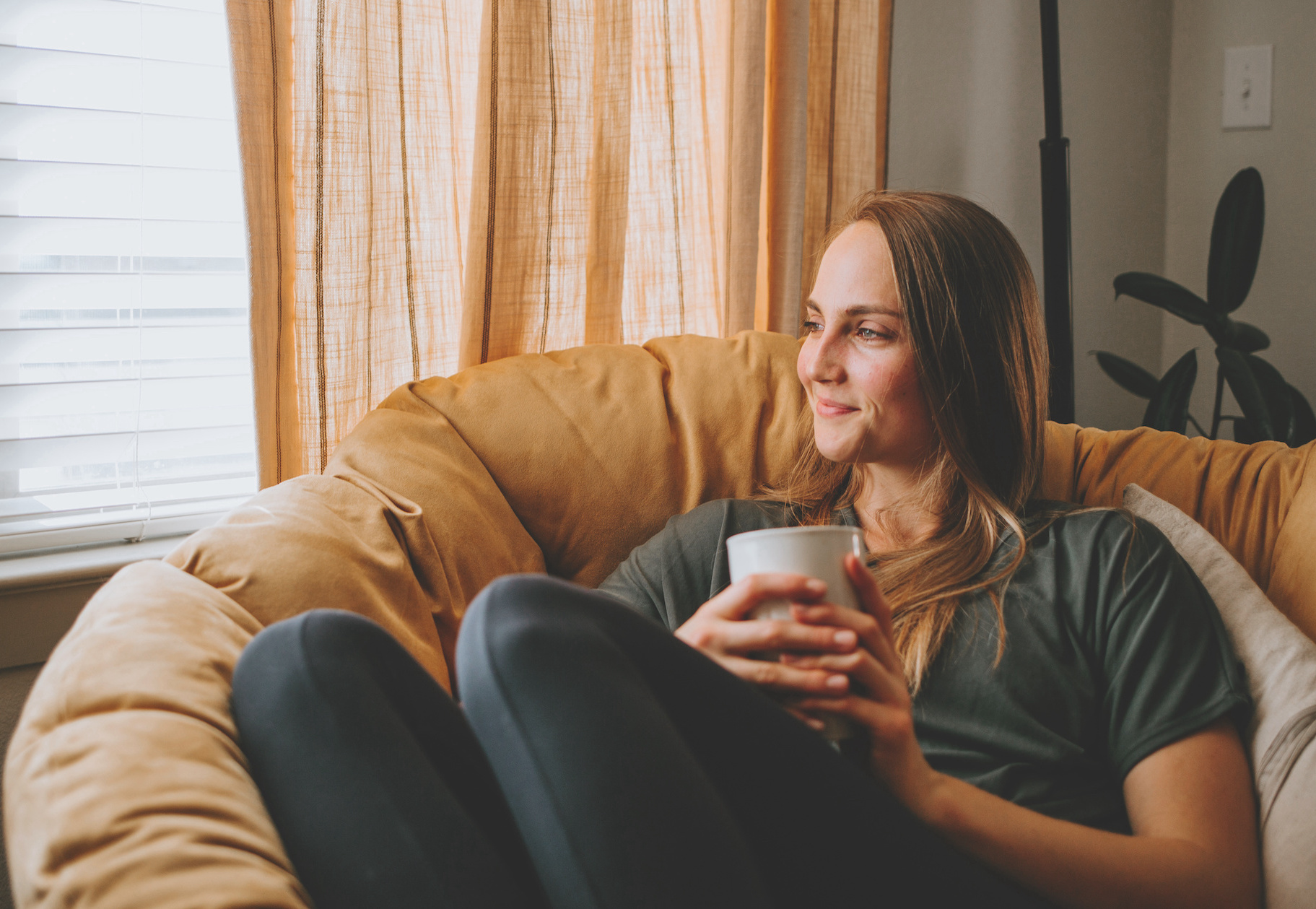Most days, life feels like a neverending quest for balance, which is hard enough without life’s hurdles and hardships getting in the way. If we don’t make time for self-care, we can quickly become bogged down, stressed out, and even burnt out, leading us to cope in unhealthy ways. And if we’re always striving to accomplish or make time for everything we think matters most, we neglect the person that truly does – ourselves.
Taking time for yourself is crucial – to rest, recharge, and reset through self-care. Self-care is any deliberate thing we do to care for our physical, mental, and emotional health. It’s about making time for yourself to do things that soothe, rejuvenate, and replenish your energy and wellbeing.
Let’s Start With the Basics
Self-care can be as simple as taking just a few mindful moments daily to do something that makes you feel good. Here are some easy self-care ideas to help get you started:
Get outside in nature. Go for a walk in your local park, spend time in your backyard, or sit by a lake. Allow nature to surround you and help you to center and calm your mind.
Make time for yourself each day. Dedicate time daily to doing something you enjoy, whether that’s reading, writing, meditating, taking a bath, or listening to music.
Connect with loved ones. Whether it’s family, friends, or your pets, quality time with those you love can help reduce stress and promote positive emotions.

Self-Care at GSWC
Much like our approach at Georgia Strait Women’s clinic, self-care is an individualized and integral piece of your wellbeing. When recovering from addiction, self-care might look slightly different from your everyday self-care tip, and that’s okay.
Thankfully, there are endless ways to practice self-care. And no matter which self-care steps you incorporate into your life, no matter how small they may seem at the time, they all add up.
Self-Care in Recovery
We believe that self-care is vital to your long-term success in overcoming addiction, so we want to offer some self-care tips specific to those in recovery:
Get enough sleep. Adequate rest and sleep are crucial for your physical and mental health. When struggling with addiction, getting a restful night’s sleep can be hard. But you can do things to help improve your sleep, such as following a consistent sleep schedule and creating a relaxing bedtime routine.
Eat healthily. Eating nutrient-dense foods helps your body to heal and gives you the energy you need to stay on track with your recovery. Make sure to include plenty of nutritious foods and whole grains in your diet. And limit or avoid processed foods, sugary drinks, and excessive amounts of caffeine.
Get moving. Exercise is a great way to reduce stress, boost mood, and improve overall health. The most important thing is creating exercise habits that work for you. Hiking, swimming, or taking a yoga class are all great options. Even a brisk daily walk can help you improve your resilience because when you push yourself to get moving – whether going up hills or lacing your sneakers on a hard day – you build the emotional stamina & confidence to tackle life’s downslopes, too.
Prioritize counselling and connecting with others. Social support is essential for addiction recovery. Consider joining a recovery group with those sharing similar experiences and struggles or attending therapy sessions. And if you haven’t yet, embrace and prioritize the cheerleaders in your life. You turn to these people for encouragement, love, and care, not criticism.

Focus on your spiritual health. A strong spiritual foundation can help you weather the challenges of addiction recovery. Whether you find strength in your religion or connection with nature, focusing on your spirituality can help bring calm and peace to your life.
International Self-Care Day
Recovery is a journey, and self-care will help you along the way. On International Self-Care Day this July 24 – and every day – pledge to do something nice for yourself.
If you or someone you know is struggling with addiction, we can help. Georgia Strait Women’s Clinic offers various addiction treatment services, including counselling, detox, and residential care. Contact us to learn more about our facility and how we can help you on your journey to recovery.




